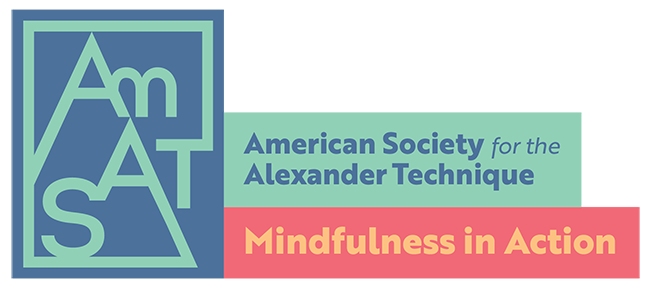The Alexander Technique
Research
Following is an annotated bibliography of selected research studies involving the Alexander Technique. All were published in peer-reviewed scientific journals or presented at conferences with peer-reviewed abstracts.
To read what the medical community has to say about the Alexander Technique, go to the Science and Research tab on the FAQ page.
You may also try searching for "Alexander Technique" at pubmed.gov.
Alexander Studies Online (ASO)- a scholarly platform with entries on research material directly concerned with the Alexander Technique and references to relevant non-AT material encouraging engagement between the Alexander community and the wider world of science, scholarship and research.
Alexander Technique Science - This site is devoted to improving scientific understanding of the Alexander Technique (AT)—its principles, practices, reported and demonstrated benefits, and terminology. The content ranges from descriptions of direct experiments on the effects of AT lessons to focused explanations of relevant current science to rigorously researched history of the work. They reference recent peer-reviewed publications wherever possible.
AmSAT’s Research Committee was formed in 2012 to create and administer a grant program supporting research on the Alexander Technique by teaching members of AmSAT. Award recipients to date can be found here. For more information on this program contact info@AmSATonline.org.
February 11, 2021 Research Panel
As part of our Taking Time to Connect Chat series, a dynamic panel of researchers shared their findings with our members. Moderated by Heidi Leathwood, the panel included: Tim Cacciatore, Gabriella Minnes Brandes, Tara Fenamore, Rajal Cohen, and Monika Gross. Here is the recording of this outstanding session:
- Panelist Bios
- Presentation Slides
- Additional Resources

